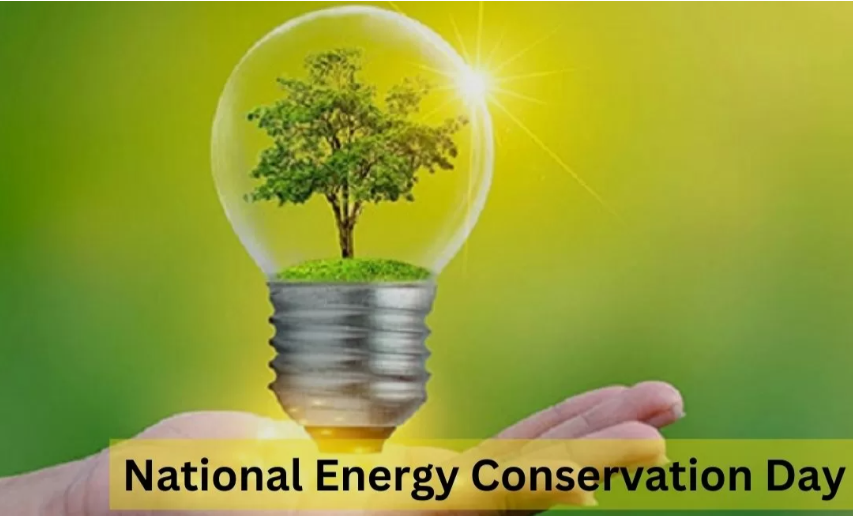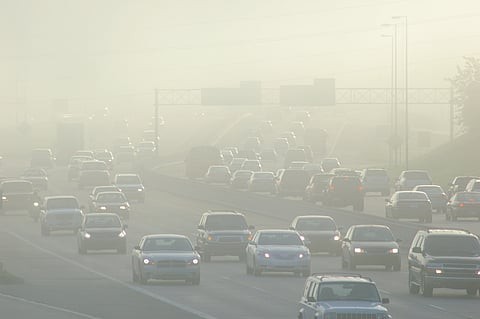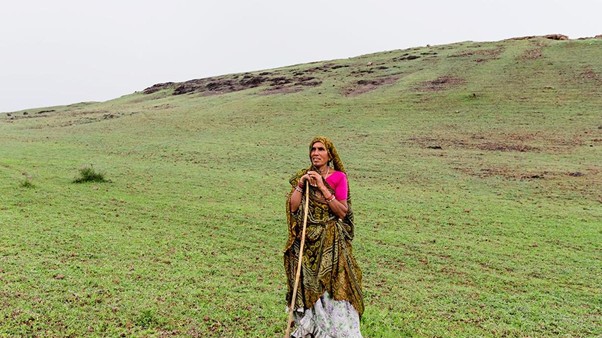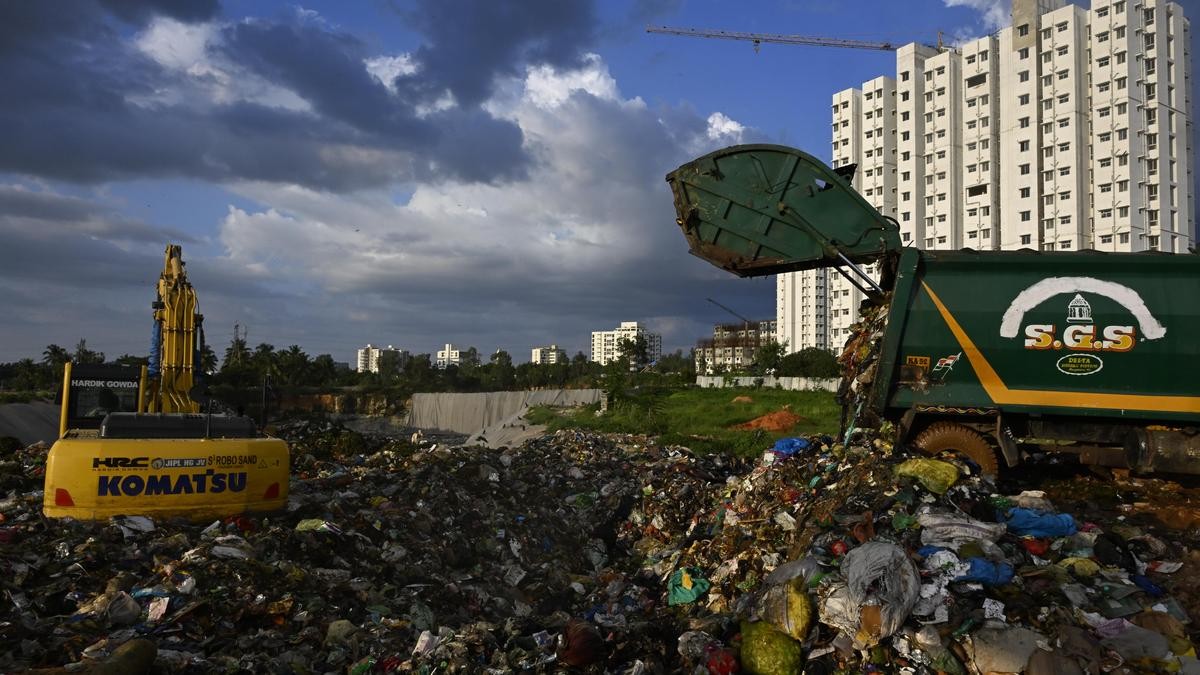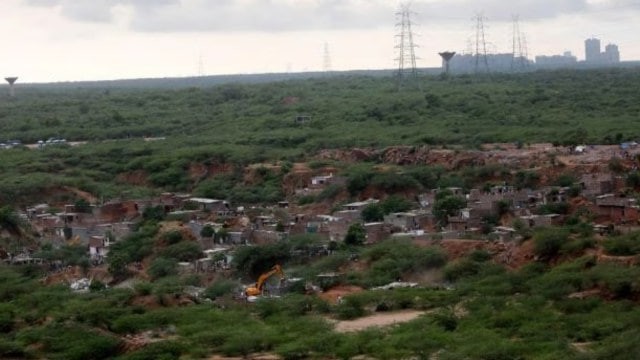Description
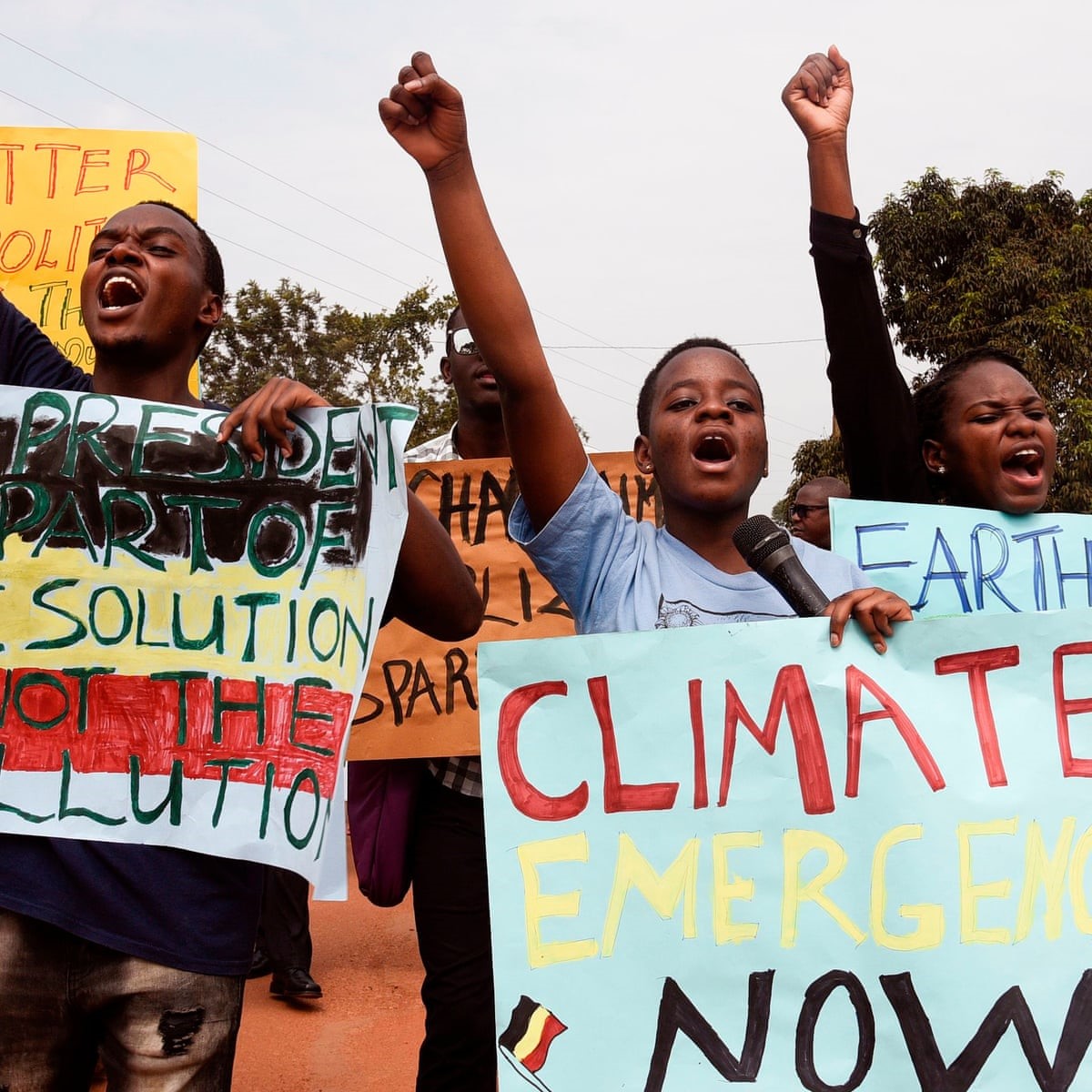
Disclaimer: Copyright infringement not intended.
Context
- A report sheds light on the contentious issue of rich countries compelling economically strained nations to persist in their dependence on fossil fuels as a means of generating revenue.
- This practice has hindered the transition to renewable energy sources, leading to a vicious cycle of debt and environmental concerns.
Details
Debt-Driven Fossil Fuel Reliance
Forced Continuation of Fossil Fuel Use
- Impoverished countries grappling with substantial debts have been coerced into continuing their reliance on fossil fuels.
- This is done in order to generate income necessary for repaying loans obtained from affluent nations and private lenders.
- The report underscores that these loans were often procured to address economic exigencies, including the impact of the pandemic.
Challenges in Transition
- The report highlights that the overinflation of revenues from fossil fuel projects creates significant obstacles for indebted nations looking to transition to renewable energy sources.
- These projects frequently necessitate massive investments to achieve anticipated returns.
- However, such investments can exacerbate existing debt burdens, impeding progress towards sustainable energy alternatives.

The Debt-Fossil Fuel Trap
Global South's Debt Burden
- The report focuses on countries located in the global south, encompassing developing, less developed, and underdeveloped nations across Africa, Latin America, and Asia.
- These countries have experienced a remarkable increase in external debt payments, reaching a staggering 150% surge between 2011 and 2023.
- This mounting debt burden has reached levels unprecedented in the past 25 years.
Debt Crisis Amid Pandemic
- The pandemic worsened the situation, compelling 54 countries to slash their public spending budgets in order to repay loans.
- Consequently, the debt crisis deepened, hindering the ability of these countries to allocate resources for essential adaptation, mitigation, and loss and damage management in the face of extreme weather events.
Fossil Fuel Reliance as a Solution
Extracting Fossil Fuels to Address Debt
- In their bid to address escalating debts, these countries have turned to fossil fuel extraction as a source of revenue.
- A case in point is Argentina, which has supported fracking projects in the Vaca Muerta oil and gas field.
- However, concerns are raised about the environmental consequences of fracking and the feasibility of anticipated benefits.
Risk of Debt Escalation
- Experts caution that such a strategy could inadvertently contribute to higher debt levels without generating adequate revenue for repayment.
- This scenario might force countries like Argentina to further expand their fossil fuel projects, exacerbating their predicament—an aspect referred to as the "debt-fossil fuel trap."
Role of Rich Countries and Financial Institutions
Financing Fossil Fuel Projects
- Contrary to assurances, wealthier countries, as well as multilateral and bilateral lenders, have continued to finance fossil fuel projects in the global south.
- Often, these projects are funded through loans, which add to the debt burden of these nations and perpetuate their dependence on fossil fuel production.
Resource Backed Loans (RBLs)
- The report elucidates that resource backed loans (RBLs) further entrench fossil fuel dependence.
- Repayment for these loans is linked to natural resource assets, either directly or through future income streams related to resource exploitation.
- This practice continues to keep nations locked in fossil fuel production.
Strategies for Breaking Free
Recommendations for Exit
- The report offers several recommendations for global south countries to escape the "debt-fossil fuel trap."
- It urges the implementation of ambitious debt cancellation, encompassing all creditors and untethered from economic conditions.
- Clean energy initiatives, backed by affluent governments and institutions, are proposed to pave the way for a transition to sustainable practices.
Alignment with Climate Goals
- A significant aspect of the recommendations is the alignment of bilateral and multilateral finance with a 1.5-degree warming scenario.
- This alignment ensures that financial resources are directed towards sustainable projects, thereby curbing the financing of fossil fuel activities.

Conclusion
The report underscores the intricate interplay between debt burdens and fossil fuel reliance in poorer nations. It calls for concerted efforts to break free from this detrimental cycle, offering practical solutions that prioritize sustainable energy transitions and the long-term well-being of global south countries
|
PRACTICE QUESTION
Q. Indebted nations, primarily in the global south, struggle to shift from fossil fuels to renewables due to inflated revenues from fossil fuel projects perpetuating further debt. This dual challenge underscores the need for sustainable financial strategies and international cooperation. Examine. (250 Words)
|
https://indianexpress.com/article/explained/explained-global/rich-countries-force-poor-nations-rely-fossil-fuels-8904371/







